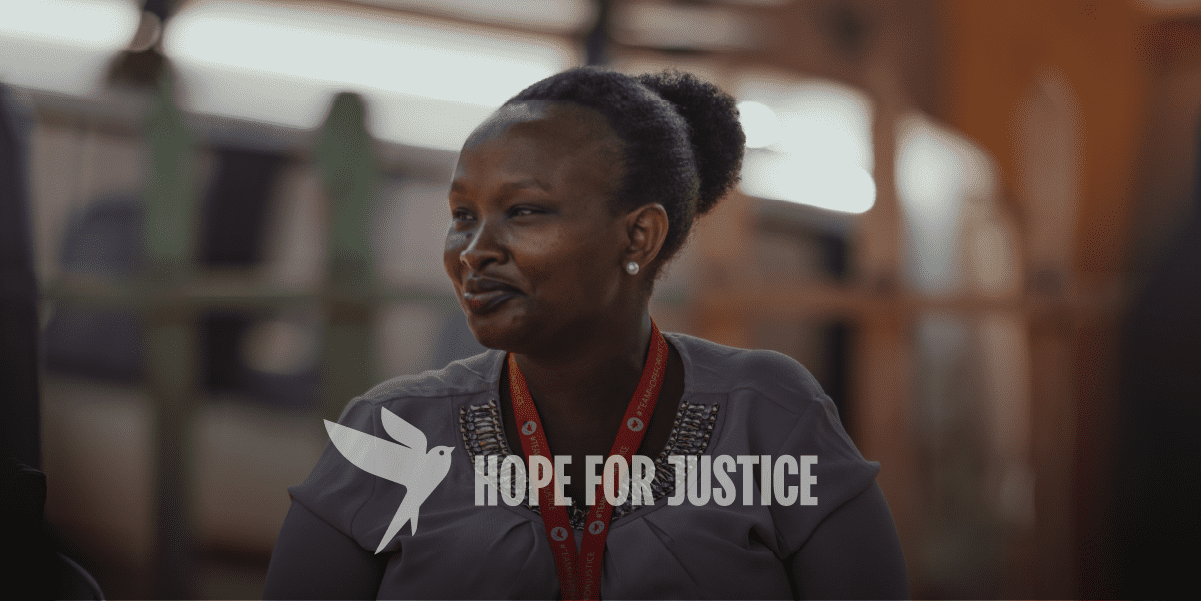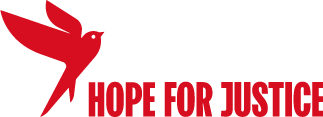The Rights Removal Bill: Latest Update
This article is reprinted from its original location at Hope for Justice‘s website. It was pulled from their RSS feed for your education.

With the transition to a new prime minister, it was announced on the 7th of September that the drafting of the Bill of Rights has been shelved. As an organisation working in the anti-trafficking and human rights sector, we at Hope for Justice welcome this shelving as any changes to the Human Rights Act would have a significant and detrimental impact on many vulnerable groups including victims of trafficking and modern slavery. The existence of the Rights Removal Bill, even though now shelved, illustrates a changing dynamic on the guarantee of human rights legislation and policy as a tool to protect people from abuses. It remains a concern that in the future, human rights legislation and policy may act as the protection it was designed to be.
What is the Bill of Rights (Rights Removal Bill) and why does it matter?
The Bill of Rights, commonly referenced the ‘Rights Removal Bill', seeks to scrap the Human Rights Act 1998 (HRA). In doing so, this would have undermined the universality of people's human rights and removed the legal responsibility and accountability to protect those rights, whilst also introducing barriers to people actually having their rights upheld. This would have affected us all, but would have been particularly devastating for more marginalised groups, including victims of human trafficking and modern slavery.
At Hope for Justice, we rejected the premise that the Rights Removal Bill should replace the HRA. The UK has a proud history as one of the drafters of the European Convention on Human Rights, brought into domestic law by the HRA. The existing human rights framework has had profound benefits for victims and survivors of human trafficking and modern slavery. It has been used to ensure their rights are respected and protected, has spurred the development of the UK's anti-trafficking and modern slavery framework, and has helped to ensure that victims have a better knowledge of, and ability to, exercise their rights, among other benefits.
We at Hope for Justice are not alone in our rejection of the Rights Removal Bill. The Rights Removal Bill has also been rejected by multiple human rights organisations, various academics, and by the general public as outlined in the Independent Human Rights Act Review.
What does this mean for the prevention of Modern Slavery?
The Rights Removal Bill, in its current form, would have weakened the protection of victims of trafficking and modern slavery for the following reasons:
- It would have created changes to the interpretation of human rights which will lead to greater legal uncertainty and increased costs for survivors
- It would have weakened positive obligations for public authorities to identify and safeguard victims, protect them, and investigate cases of modern slavery
- It would have placed restrictions on the right to family and private life that will leave victims at risk of deportation, facilitate re-trafficking and breach the rights of children
- It would have enacted a new permission stage that creates barriers for survivors of trafficking and modern slavery bringing a legal case, increasing trauma and re-exploitation
The HRA has helped to ensure that rights of victims of trafficking and modern slavery are respected and protected and strengthens the UK's anti-trafficking and modern slavery framework. The UK's Modern Slavery Act (2015) and associated mechanisms were developed in the context of victims being able to rely on the HRA. Changes to the HRA through the Bill of Rights would prevent UK courts from providing strong human rights protection by diverging from the standards of rights offered through the European Court of Human Rights (ECtHR). This is a serious concern for survivors of trafficking and modern slavery as ECtHR judgements have been very important in developing the rights of survivors in the UK. The HRA has played a crucial role in ensuring that public authorities identify, safeguard, protect victims, and investigate cases of modern slavery.
The Bill of Rights would have created additional barriers for survivors, such as the potential for increased costs, lower levels of protection in the UK and the prospect of deportations that would have previously been considered unlawful. This harms every aspect of any existing and any new government strategies which aim to ensure that the UK does not allow traffickers to operate with impunity, including those which relate to effective investigation and prosecution. Therefore, it is essential to ensure that there are no changes to the HRA as it currently exists today if we are to protect our rights and the rights of the most vulnerable such as victims of modern slavery and human trafficking.
Hope for Justice, in coalition with other human rights advocacy groups, have been campaigning for the Rights Removal Bill to be discarded due to the various issue outlined above that it would cause to the most vulnerable members of society. The shelving of this Rights Removal Bill can thus be a celebration of the hard work of our team and the work of those involved in the wider coalition of organisations.
However, we still need to tend on the side of caution in case it is reinstated or reintroduced in another form. Currently, there is nothing to suggest that it will not be continued or redesigned. Therefore, we continue to urge you to reject this Bill in its entirety and support our existing human rights protections.
For further information, please contact: Robyn Heitzman, Policy and Research Officer, Hope for Justice: [email protected]
This “Eyes on Trafficking” story is reprinted from its original online location.
 ABOUT PBJ LEARNING
ABOUT PBJ LEARNING
PBJ Learning is a leading provider of online human trafficking training, focusing on awareness and prevention education. Their interactive Human Trafficking Essentials online course is used worldwide to educate professionals and individuals how to recognize human trafficking and how to respond to potential victims. Learn on any web browser (even your mobile phone) at any time.
More stories like this can be found in your PBJ Learning Knowledge Vault.
EYES ON TRAFFICKING
This “Eyes on Trafficking” story is reprinted from its original online location.
ABOUT PBJ LEARNING
PBJ Learning is a leading provider of online human trafficking training, focusing on awareness and prevention education. Their interactive Human Trafficking Essentials online course is used worldwide to educate professionals and individuals how to recognize human trafficking and how to respond to potential victims. Learn on any web browser (even your mobile phone) at any time.
More stories like this can be found in your PBJ Learning Knowledge Vault.

